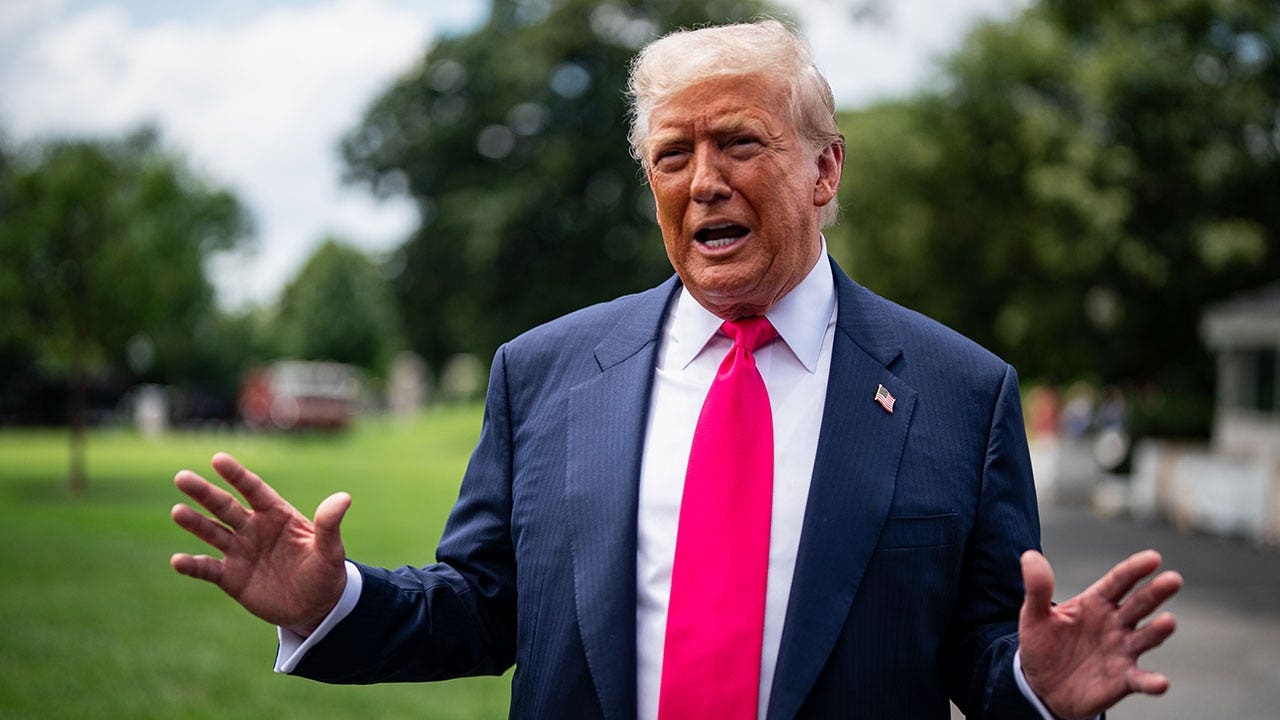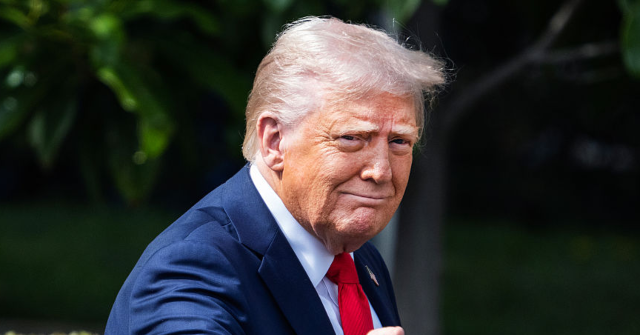Trump Announces Trade Deal with Indonesia Amid EU Retaliation Concerns
Donald Trump has announced a trade deal with Indonesia, issuing tariff letters with a looming deadline, raising concerns of retaliation from the EU.
Subscribe to unlock this story
We really don't like cutting you off, but you've reached your monthly limit. At just $5/month, subscriptions are how we keep this project going. Start your free 7-day trial today!
Get StartedHave an account? Sign in
Overview
- Donald Trump announced a trade deal with Indonesia, though details remain limited.
- The announcement comes as the EU considers potential retaliation against the U.S.
- Trump issued tariff letters to Indonesia and other nations, setting an August 1 deadline.
- Indonesia faces a potential 32% tariff rate if negotiations do not proceed favorably.
- The trade deal and tariffs are part of Trump's broader trade strategy amid international tensions.
Report issue

Read both sides in 5 minutes each day
Analysis
Analysis unavailable for this viewpoint.
Articles (7)
Center (1)
FAQ
Specific details of the deal have not yet been disclosed publicly. Indonesia’s economic ministry stated they are preparing a joint statement that will explain the size of reciprocal tariffs and other commercial arrangements, but have not released further information as of now[1].
The newly announced deal appears to have resulted in a smaller tariff being imposed on Indonesia compared to the initially threatened 32% rate, which was set to take effect August 1 if negotiations failed[1][2]. However, the exact new tariff rate has not been specified publicly[2].
The European Union is preparing retaliatory measures in case trade talks between the U.S. and its major partners break down, but it is not yet clear if these are directly tied to the Indonesia deal or are part of a broader response to U.S. trade policy shifts[1].
The top U.S. imports from Indonesia include palm oil, electronics equipment (such as data routers and switches), footwear, car tires, natural rubber, and frozen shrimp[1]. These categories are most likely to be affected by any new tariff rates.
This deal is part of President Trump’s broader strategy to secure better terms with trading partners, reduce the U.S. trade deficit, and continue a trend of imposing tariffs on imports while seeking to eliminate tariffs on U.S. exports, as seen in recent agreements with other countries such as Vietnam[1].
History
- This story does not have any previous versions.






